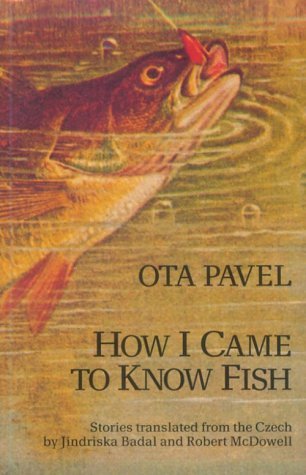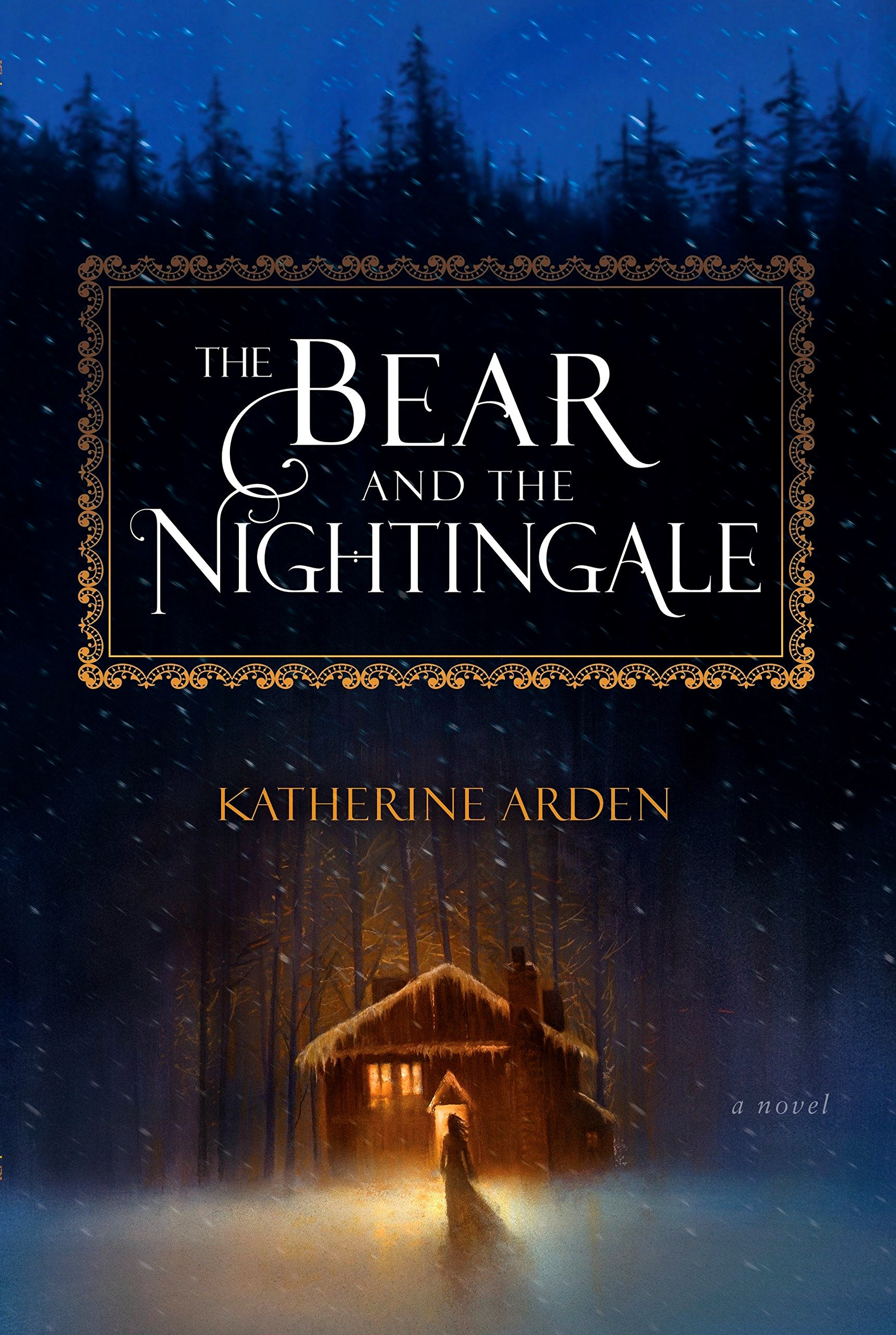BookySpooky commented on a post
The mice/rats song is crazy af, I think i need to let to check my ears at a specialist now 😳
Post from the Coraline forum
The mice/rats song is crazy af, I think i need to let to check my ears at a specialist now 😳
BookySpooky commented on a post
So… have I read too many thrillers or listened to too many murder podcasts, that I don’t understand why they have so many plot holes in their plan, and such a childish approach to everything 🤣
BookySpooky TBR'd a book

The Woman in White
Wilkie Collins
BookySpooky commented on BookySpooky's update
BookySpooky started reading...

Coraline
Neil Gaiman
BookySpooky started reading...

Coraline
Neil Gaiman
BookySpooky TBR'd a book

Red Famine: Stalin's War on Ukraine
Anne Applebaum
BookySpooky joined a quest
Classics Starter Pack Vol I 🕯️📖🎻
💎 // 1869 joined
Not Joined
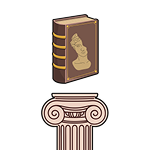
An introduction to the Classics, these books are part of the cultural zeitgeist or the 'canon' that many would recognize. Look for more niche titles in later Starter Pack volumes.
BookySpooky started reading...
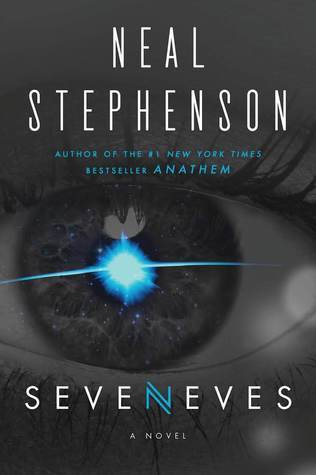
Seveneves
Neal Stephenson
BookySpooky TBR'd a book

The Road to the City
Natalia Ginzburg
BookySpooky commented on dineke's review of NeuroTribes: The Legacy of Autism and the Future of Neurodiversity
What an adventure! The title of the book is a little misleading: the last two chapters touch on the topic of neurodiversity but the rest zooms in on the history of autism specifically. In fact, the first half is filled with exciting well-narrated life stories of interesting, clever, complicated, and profoundly eccentric people - and I’d leave it for debate whether they were on the spectrum or not. It is crazy how much research this book needed to be so detailed; I had to have long breaks in-between chapters cos my brain was so overwhelmed - in a good way - with extensive descriptions of people and events. We’re also given a good outline of how and why autism diagnostic procedures and prevalence changed with the views on the origins, manifestations, fashions in medicine, and societal attitudes; honestly, this was quite a fascinating retelling of the history of the DSM itself.
I love how the author creates not just a dry summary of the historical figures and what they did but shows personalities and sheds light on the context – and likely rationale – behind the characters’ contradictory actions, although I was sometimes taken aback by the author’s strong attitudes toward very specific people, such as the direct contrast between hero-like Asperger and horrifically narcissistic Kanner. The issue that always arises with non-fiction like this is that I can’t test the plausibility of these character narratives and evaluations without making own extensive research into these people, so I can only – mostly blindly – trust the pool of (likely cherry-picked) data presented by the author, which leads me to the controversy with Asperger’s input and character.
It’s notable that the book was published way before we could read about “indisputable” evidence – still, however, full of gaps and contradictions – about Asperger’s relation to the Nazis. I saw a few angry comments about this in reviews, but I wouldn’t take it against the author that he was describing the current state of the art, and the opinions – or lack thereof – at the time supported the image of Asperger as a savior – or at least, an avid supporter – of those who were constantly persecuted and bullied by most of the society. Moreover, the author did mention that even during the publication of translations of Asperger’s work, there already were contradictory views on whether it’s appropriate – in the light of his possible political inclinations – to associate autism with his name. Asperger’s work and texts did reflect support for the neurodiverse people, and after all, he was one of the first doctors to accept and demonstrate that autistic kids are humans and can benefit from personalized interventions rather than are shells of people who need to be isolated. If we are going to talk about all the fucked up things that pioneers ended up doing, then the author should have also chastised, say, Pauling who – after winning his noble prize and doing some really smart things – went a bit nuts with promoting vitamin C, and this idea – obviously, aggressively marketed by the big pharma – still harms the medical world today. Is it sensible to cancel Harry Potter cos Rowling went wild on the internet years later, or should we judge people on the cumulative of their impact accounting for some imminent fuck-ups?
Moreover, can we then remember the majority of the society who would rather lock autistics in inhumane conditions and pretend to be heartfelt concerned citizens cos they didn’t openly support the nazis? (Honestly, fuck them and fuck the 60-70s: what the hell were these people thinking to be so messed up in so many areas?! Psychoanalysts may be mad and useless, but – oh my – behaviorists are intense people! Sorry, back to my essay...) We were given evidence that Asperger sent two children to death clinics and then denied such allegations after the war (which tells us that he understood the shame of such actions, even if he was a liar), but can we also talk about how in as late as the 80s, Americans were electroshocking and starving toddlers in the open without any shame or legal consequences to create “a person” out of those with autism?! Oh wait, nope – they are STILL doing that shit in the 21st century at Judge Rotenberg Center!
I think one of the main ideas we learn in this book – and lots of similar ones – is that history is made by all kinds of people and none of them are devoid of bias and personality flaws, but many still do good in the world although it’s often balanced by the bad, cos people can be stupid, cruel, and stubborn (and late to acknowledge that, if ever at all, especially if they’re power-hungry and scared). Throughout history, a lot of bullshit keeps and will keep happening, yet the truth always has a way to straighten things up in the end, and you may convincingly shock poor kids for years but unavoidably, at some point, somebody will question if that’s actually fucked up and maybe why don’t we change stuff… I’d really like to see what progress has happened since 2015; I wonder if, in later editions, there are updates and comments about the controversies… but that’s another book for another time.
BookySpooky made progress on...
BookySpooky TBR'd a book

De Petrovs en de griep
Aleksei Salnikov
BookySpooky TBR'd a book
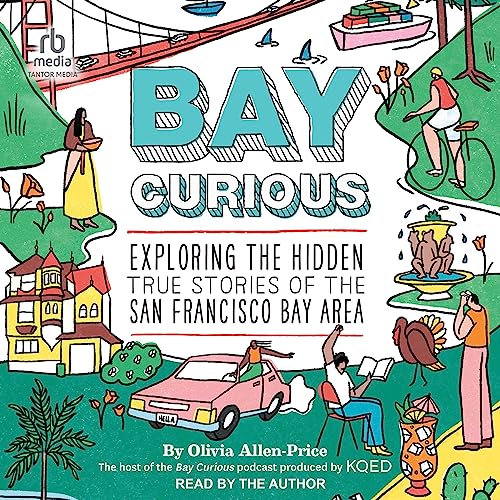
Bay Curious: Exploring the Hidden True Stories of the San Francisco Bay Area
Olivia Allen-Price
BookySpooky commented on a post
I love that the concept of "code switching"-- and how it relates to survival-- appears to be a central tenant of James' story. How does our use of language influence the way we relate to people and our environment? How does it influence our perceptions of ourselves? Others' perceptions of us? Lots of good questions bubbling up...



